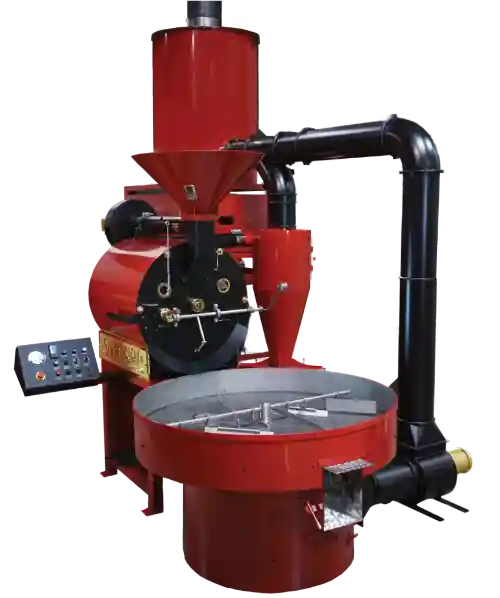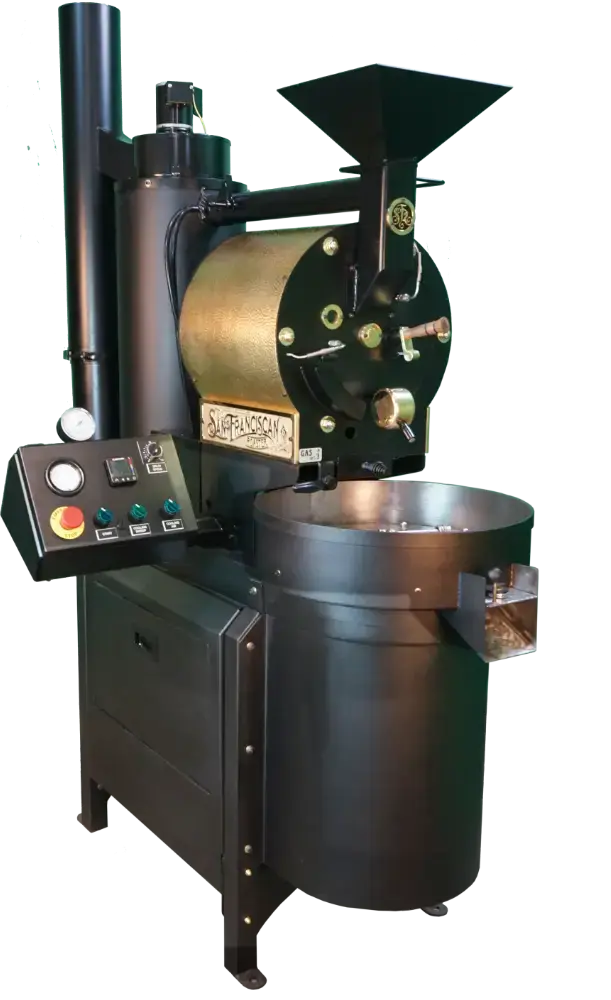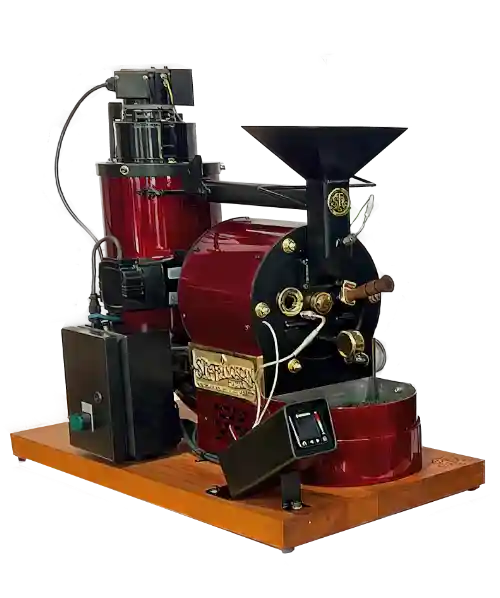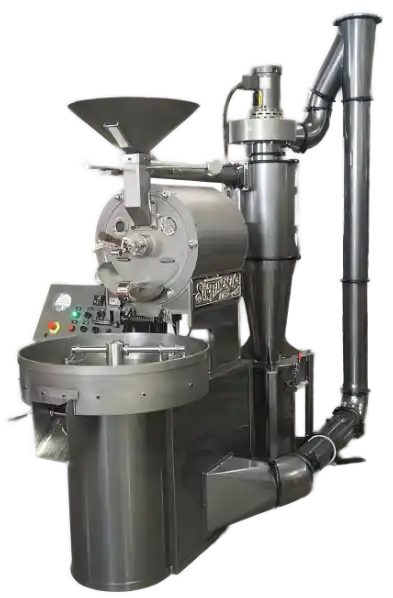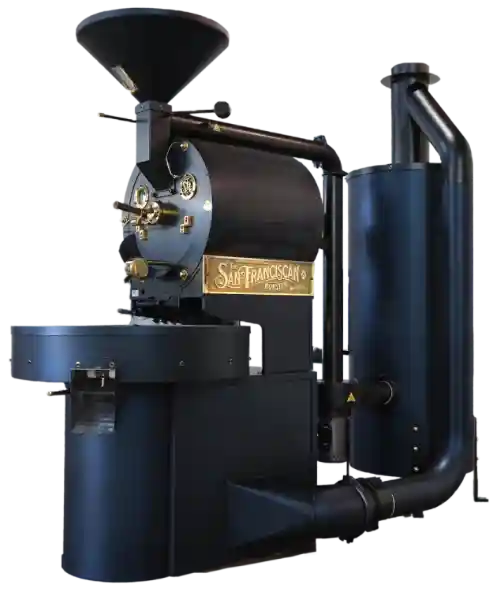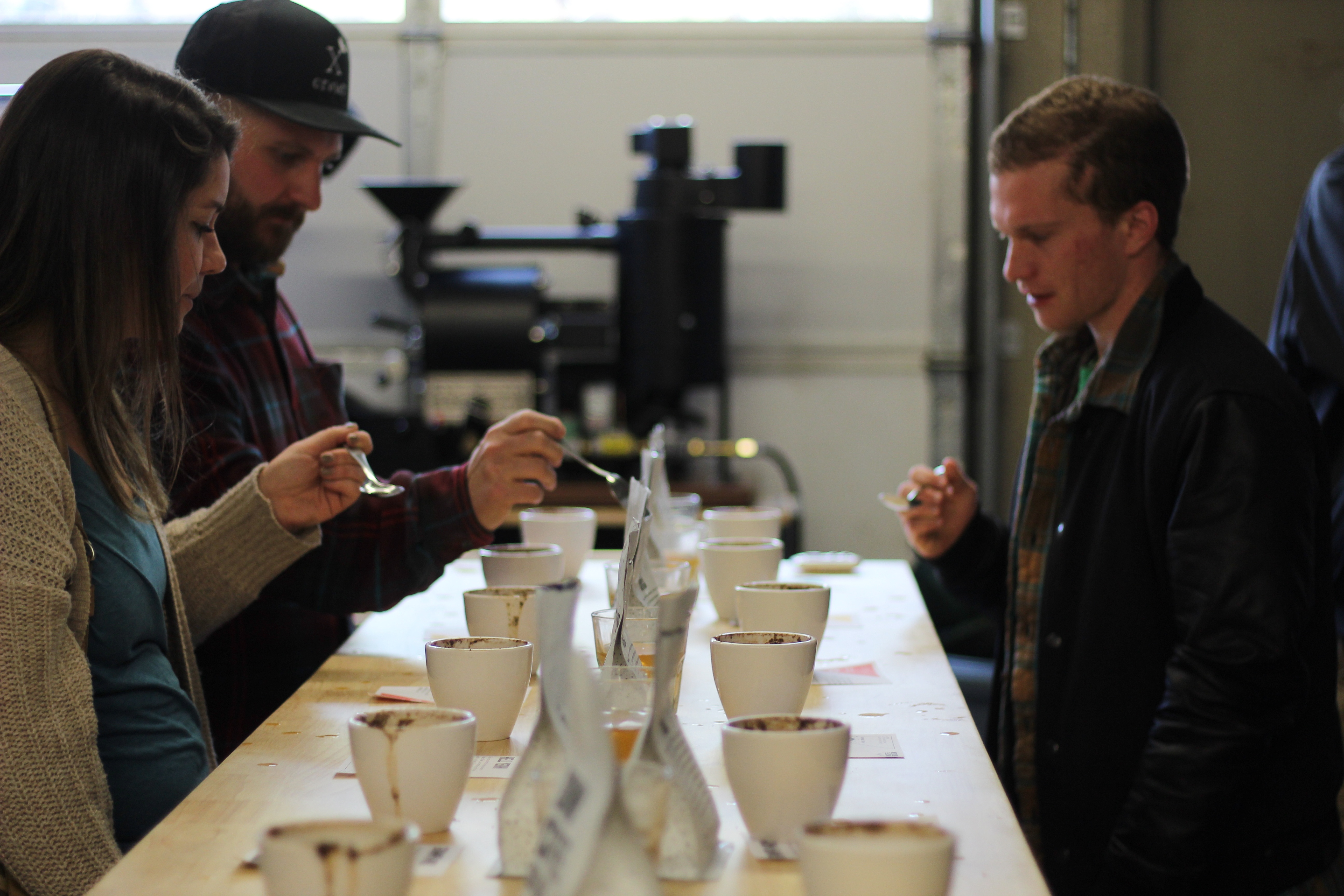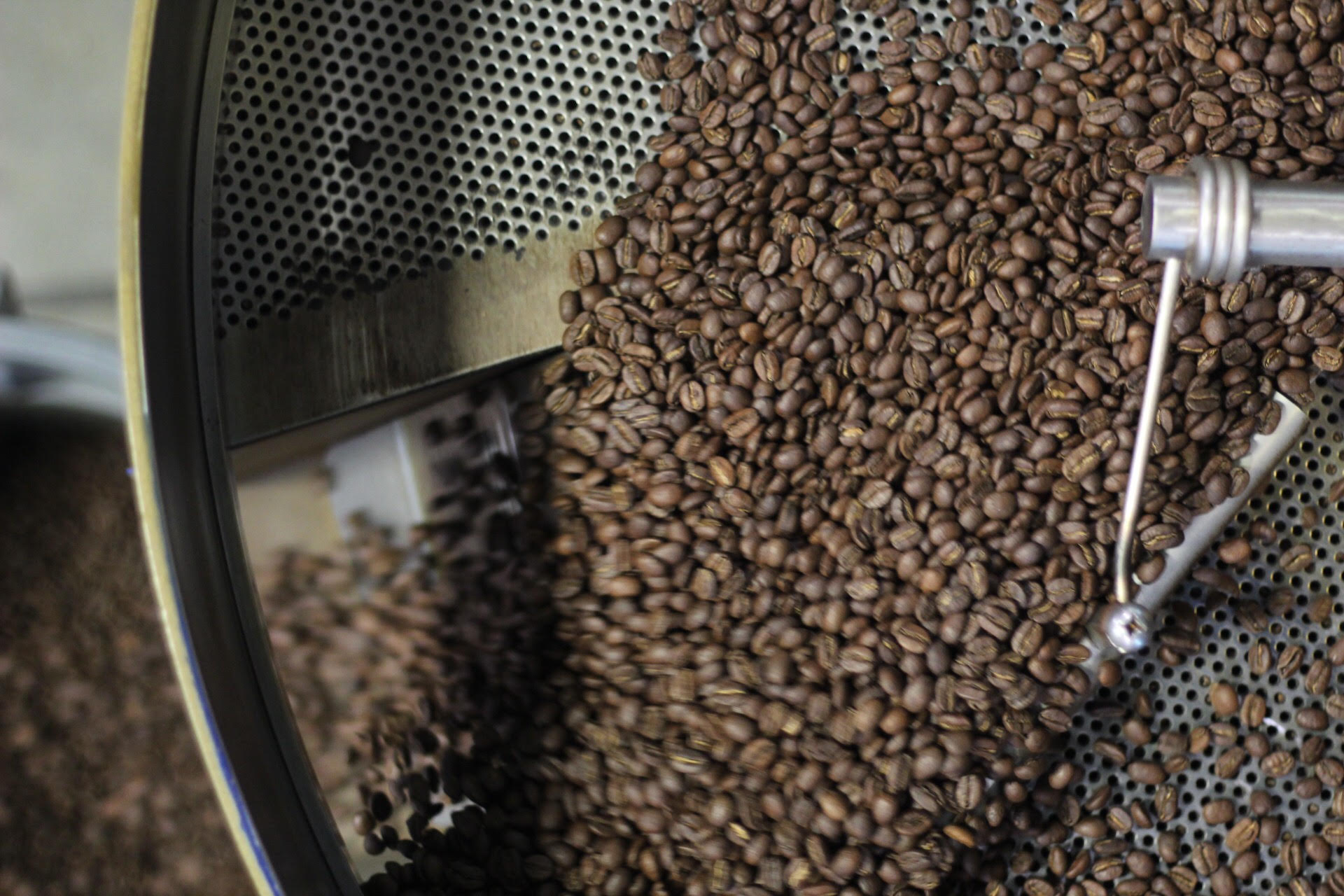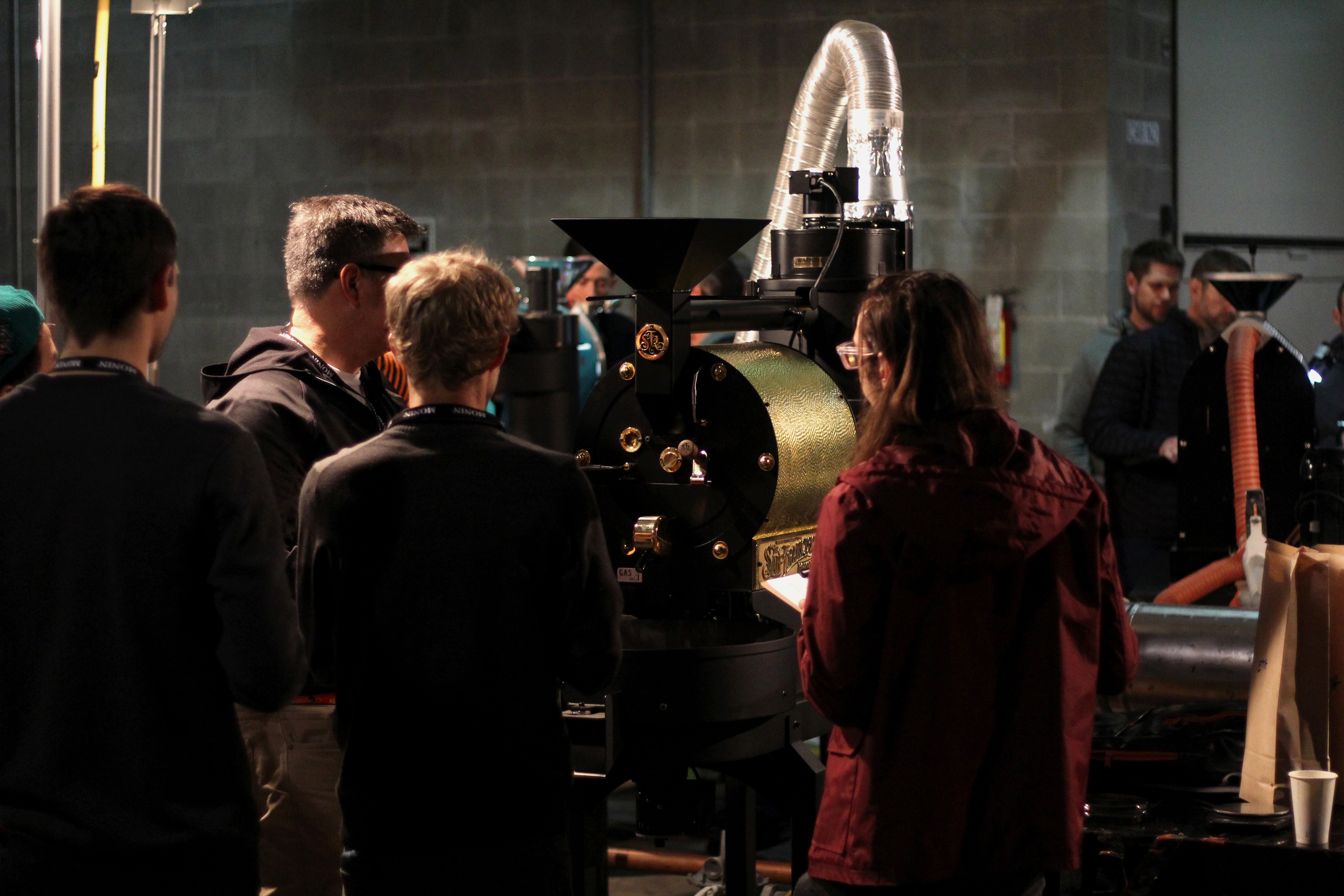The Coffee Roasting Industry remains resilient in 2024
In the dimly lit corners of trendy cafés and the bustling aisles of grocery stores, the scent of freshly roasted coffee has become a staple, heralding the intricate dance between tradition and innovation. The coffee roasting industry, steeped in history and punctuated by waves of transformation, is a testament to both the timeless allure of coffee and the ever-evolving tastes of its aficionados. Yet, as we stand at the crossroads of 2024, one must ponder: Is the industry on the cusp of expansion, or is it grappling with the tremors of economic uncertainty?
The Aroma of Opportunity
 Despite the economic headwinds, the coffee roasting industry finds itself ripe with opportunities. The global coffee market is projected to grow at a compound annual growth rate (CAGR) of 4.28% from 2021 to 2026, reaching a value of $144.68 billion by 2026. This growth is fueled by several factors, including the rising number of specialty coffee shops and the burgeoning interest in sustainable and ethically sourced coffee.
Despite the economic headwinds, the coffee roasting industry finds itself ripe with opportunities. The global coffee market is projected to grow at a compound annual growth rate (CAGR) of 4.28% from 2021 to 2026, reaching a value of $144.68 billion by 2026. This growth is fueled by several factors, including the rising number of specialty coffee shops and the burgeoning interest in sustainable and ethically sourced coffee.
- Specialty Coffee Surge: The demand for specialty coffee, which emphasizes quality, origin, and unique flavor profiles, continues to soar. According to the Specialty Coffee Association (SCA), specialty coffee represents approximately 37% of the U.S. coffee market. This segment's growth is driven by consumers' desire for high-quality, artisanal products and their willingness to pay a premium for unique coffee experiences.
- Sustainability and Ethical Sourcing: As consumers become more conscious of the environmental and social impact of their purchases, there is a growing demand for sustainably sourced and ethically produced coffee. Brands that prioritize fair trade practices, eco-friendly packaging, and transparent supply chains are gaining traction in the market.
The Economic Grind
However, the coffee roasting industry is not immune to the economic challenges that have characterized recent years. Inflation, supply chain disruptions, and fluctuating commodity prices have created a complex landscape for roasters to navigate.
- Rising Costs: The cost of green coffee beans has been volatile, driven by factors such as climate change, geopolitical instability, and transportation bottlenecks. These rising costs put pressure on roasters to either absorb the additional expenses or pass them on to consumers, potentially impacting demand.
- Supply Chain Disruptions: The global supply chain crisis has affected the availability of packaging materials, machinery, and other essential inputs for coffee roasters. Delays and increased costs in shipping have further compounded these challenges, making it difficult for roasters to maintain consistent production and meet customer expectations.
- Economic Downturn: While coffee is often considered a relatively recession-proof commodity, economic downturns can still impact consumer spending patterns. During periods of financial uncertainty, consumers may cut back on discretionary spending, including premium coffee purchases. This shift can lead to increased competition among roasters and pressure to offer competitive pricing.
Tapping into Sophisticated Tastes
Despite these challenges, the coffee roasting industry is buoyed by the evolving tastes of consumers. Today's coffee drinkers are more educated and discerning than ever before, seeking out unique flavors, origins, and brewing techniques. This shift presents an opportunity for roasters to differentiate themselves and cater to the sophisticated palates of modern coffee enthusiasts.
- Flavor Exploration: Consumers are increasingly interested in exploring diverse flavor profiles, from fruity Ethiopian beans to chocolatey Brazilian varieties. Roasters that can offer a wide range of single-origin coffees and expertly crafted blends are well-positioned to capture this growing segment of the market.
- Education and Engagement: Coffee education has become a cornerstone of the specialty coffee movement. Roasters that invest in educating their customers about coffee origins, processing methods, and brewing techniques can build strong, loyal communities. This engagement not only enhances the consumer experience but also fosters brand loyalty.
- Innovation and Technology: Embracing innovation and technology can help roasters stay ahead of the curve. From precision roasting machines to data-driven quality control, leveraging advanced tools can enhance consistency, efficiency, and product quality. Additionally, exploring new formats such as ready-to-drink coffee and coffee subscriptions can tap into emerging consumer preferences.
The Road Ahead
As the coffee roasting industry navigates the interplay of opportunities and challenges, its resilience and adaptability will be key to its continued success. While economic uncertainties and supply chain disruptions pose significant hurdles, the growing demand for specialty coffee, sustainability, and unique consumer experiences offers a promising path forward.
For roasters, the focus must be on innovation, quality, and customer engagement. By embracing these principles, the industry can not only weather the current economic storm but also thrive in an increasingly sophisticated and discerning market. The aroma of freshly roasted coffee, after all, is not just a fleeting pleasure but a timeless testament to human ingenuity and the enduring love for one of the world's most cherished beverages.
Read more about Starting a Coffee Roasting Business. or check out some great deals on used coffee roasting machines. You can also see the full range of San Franciscan Roasters here.

